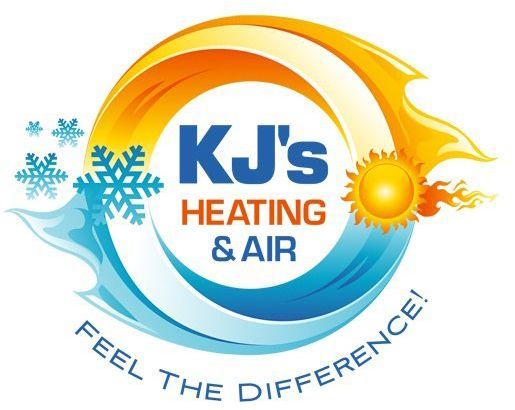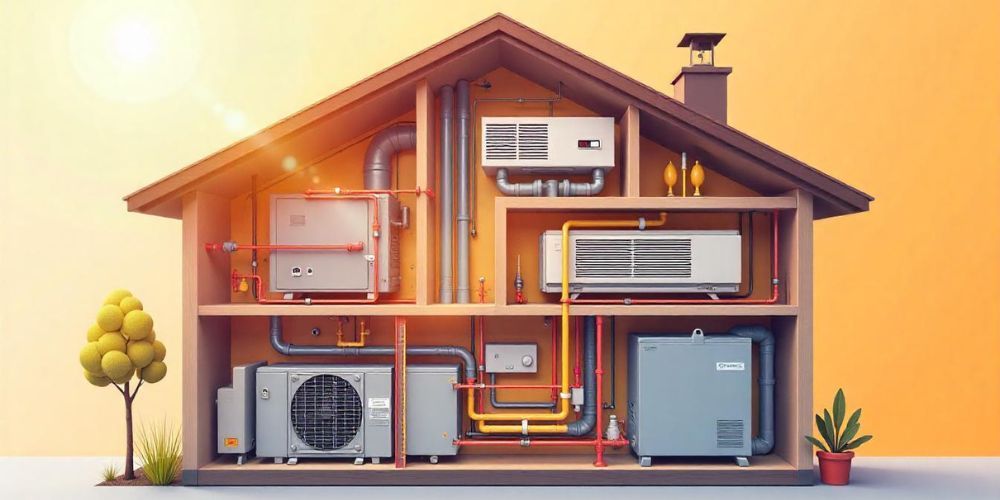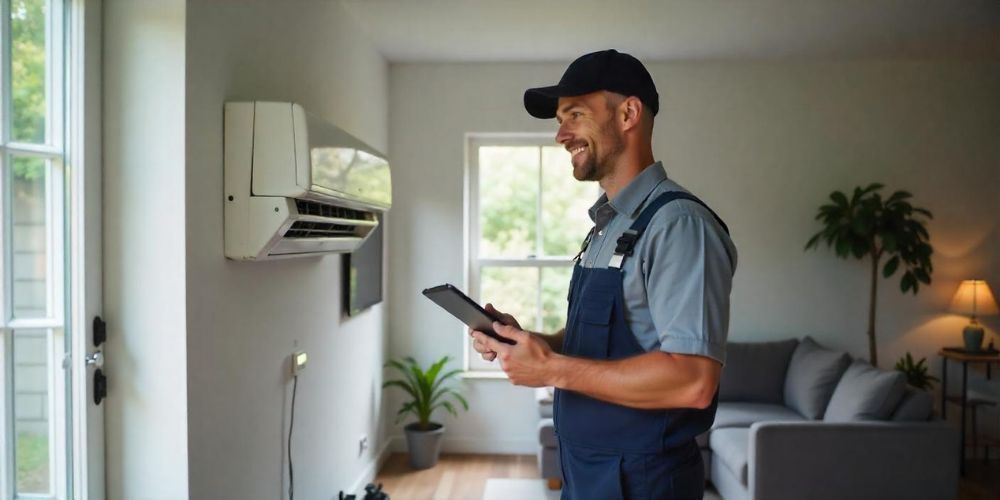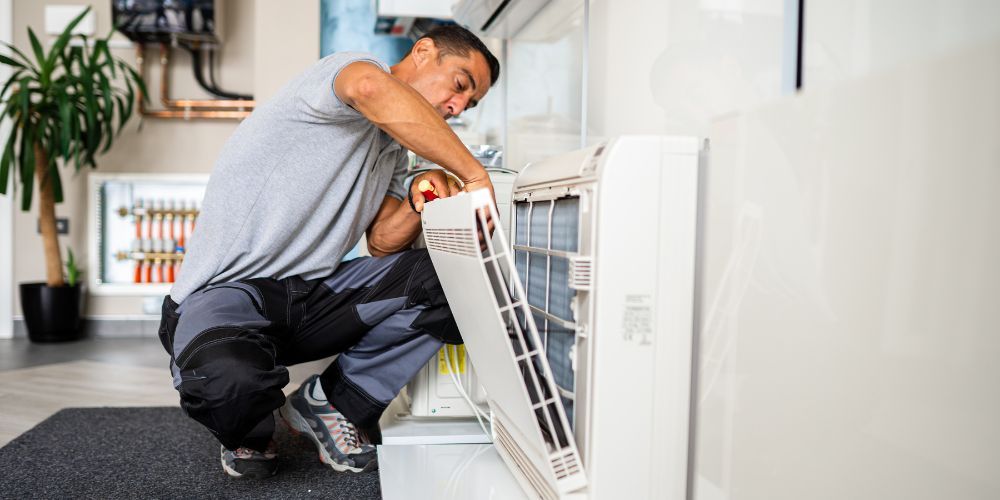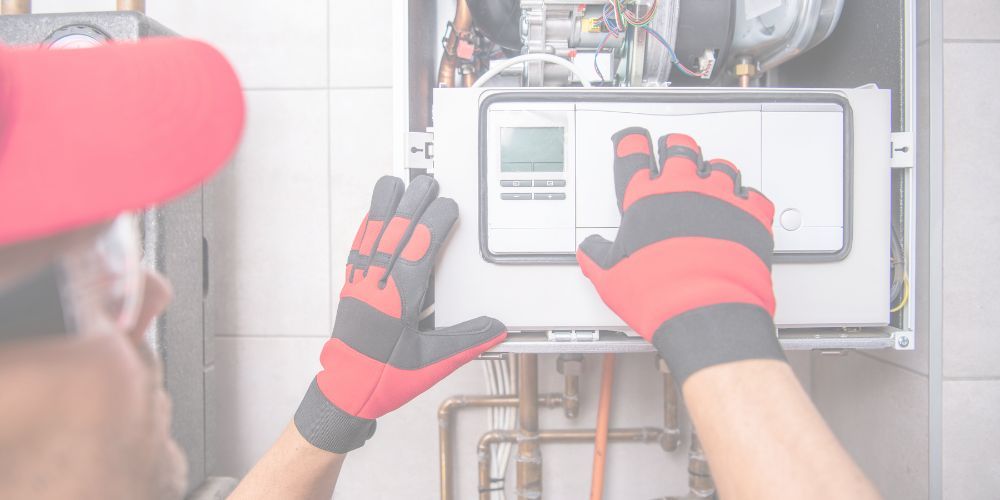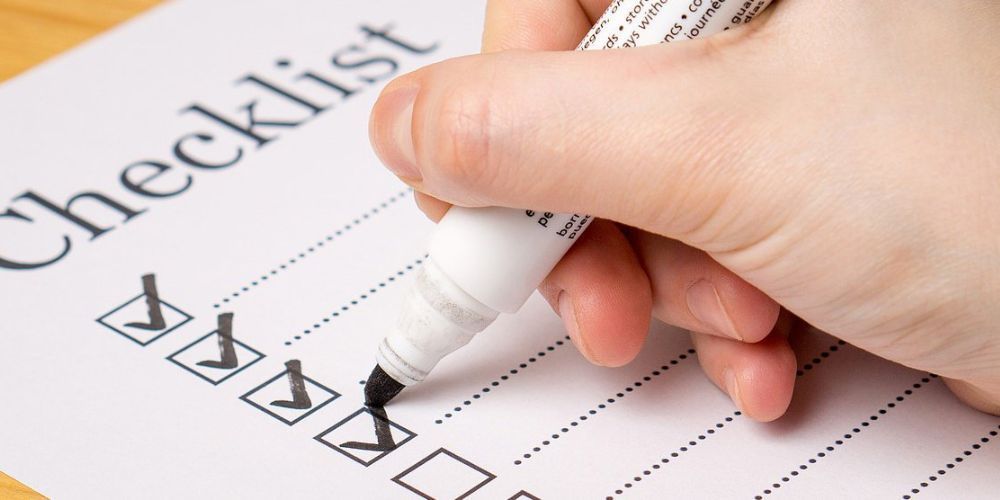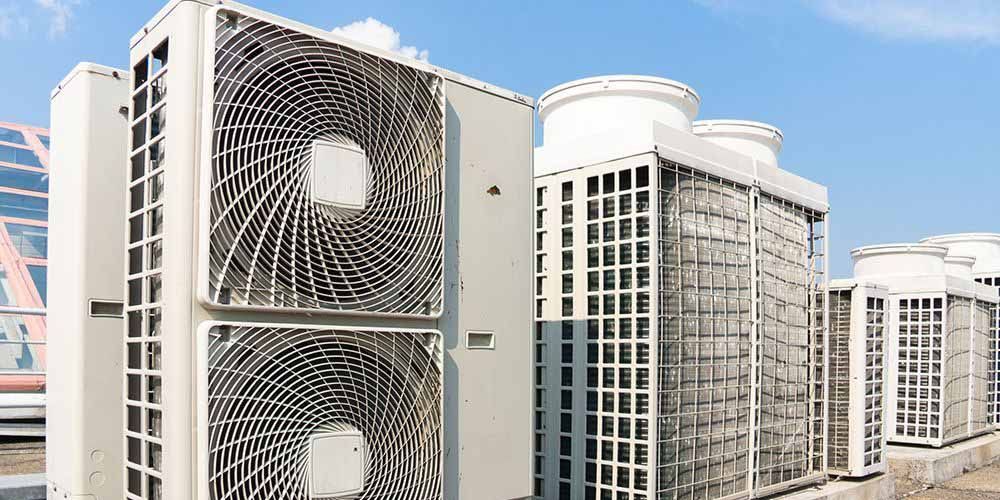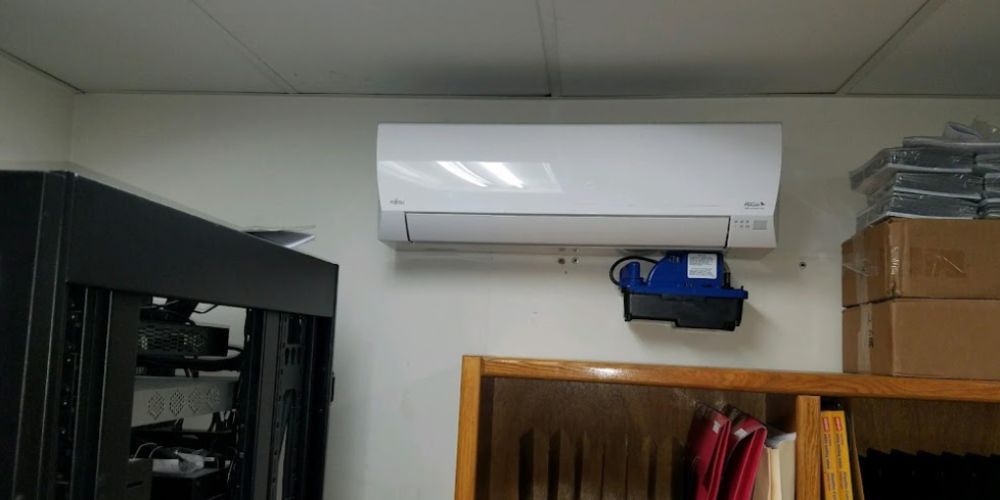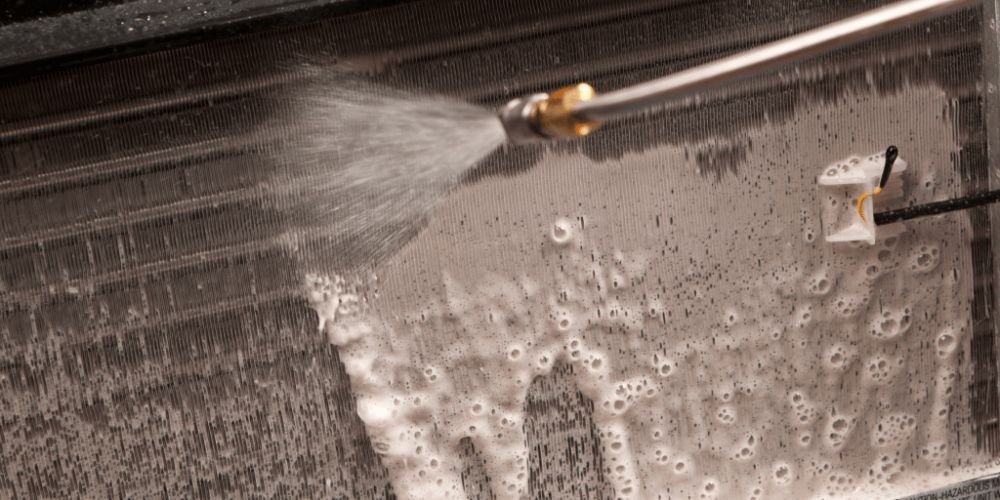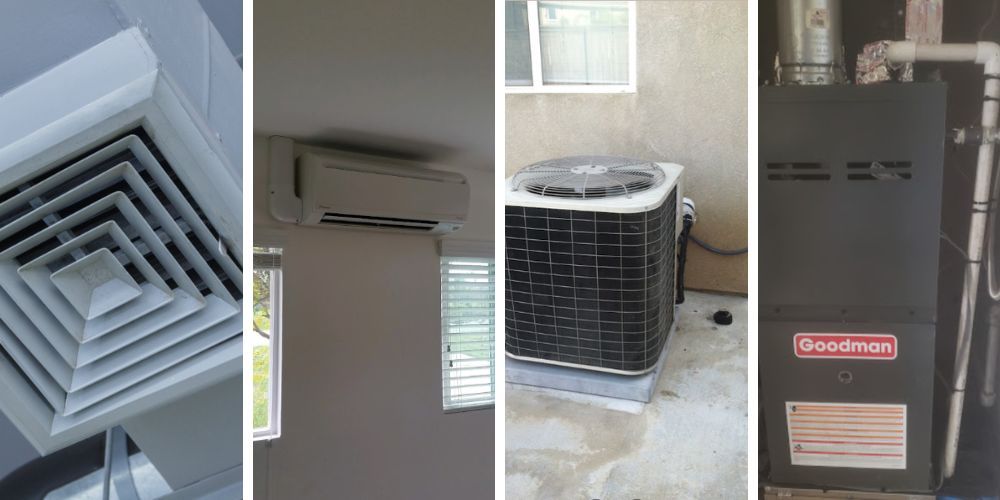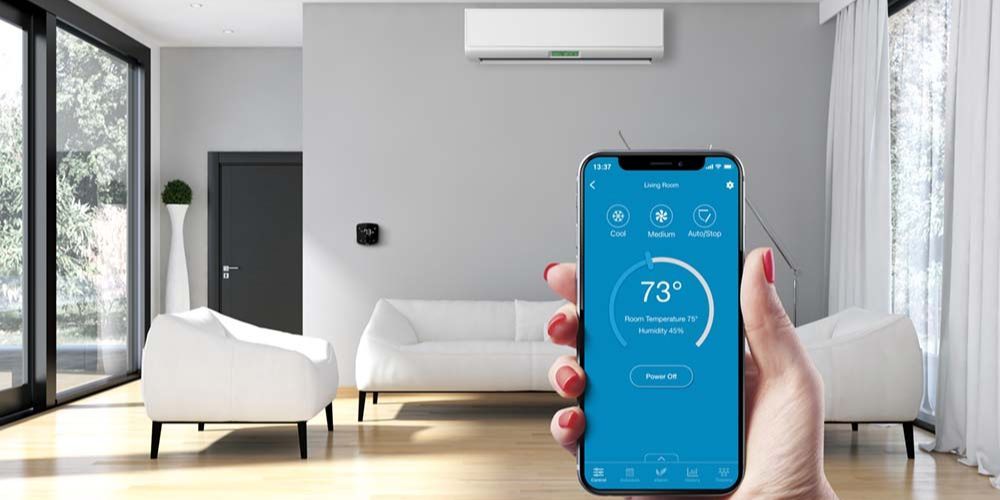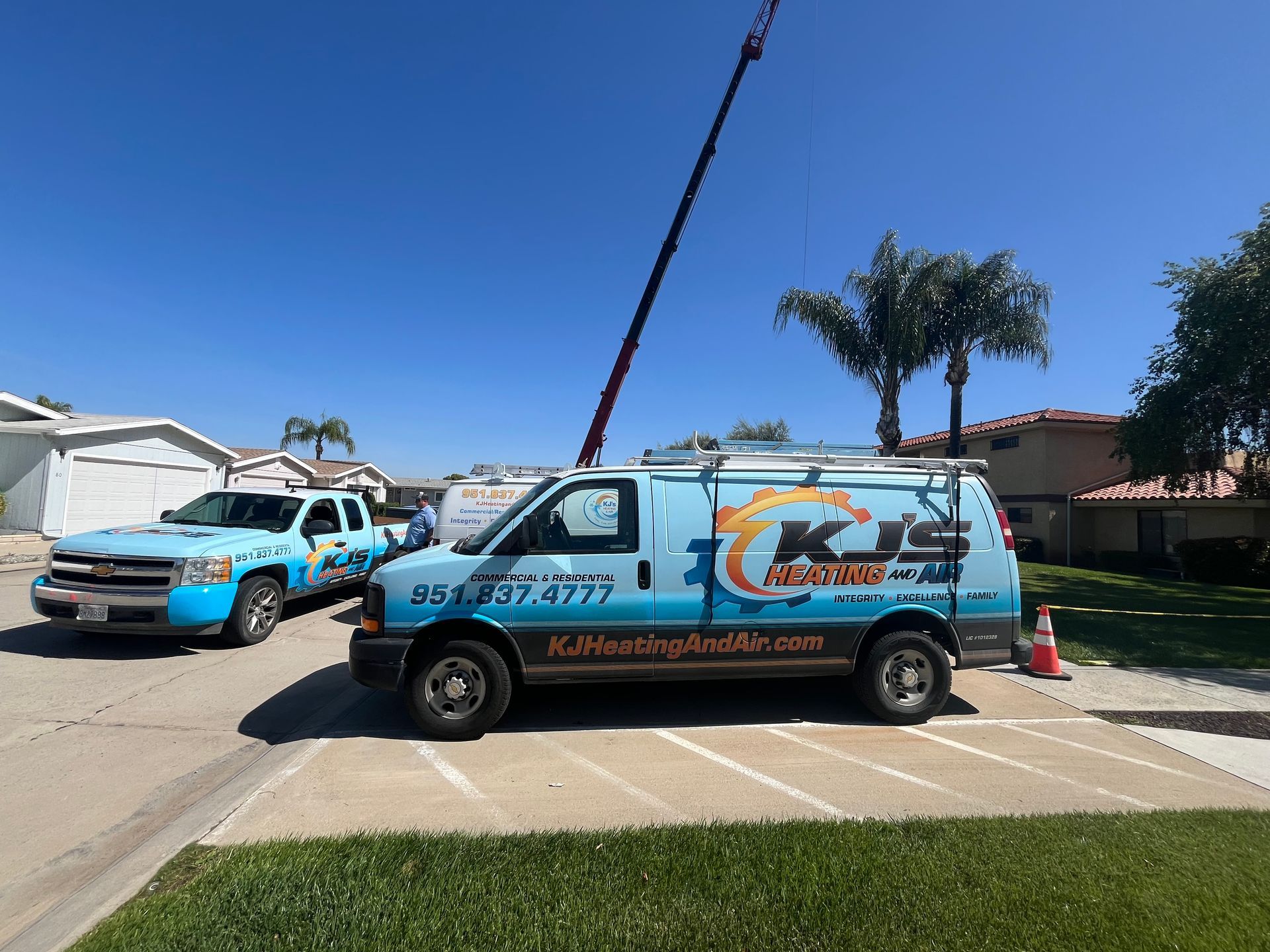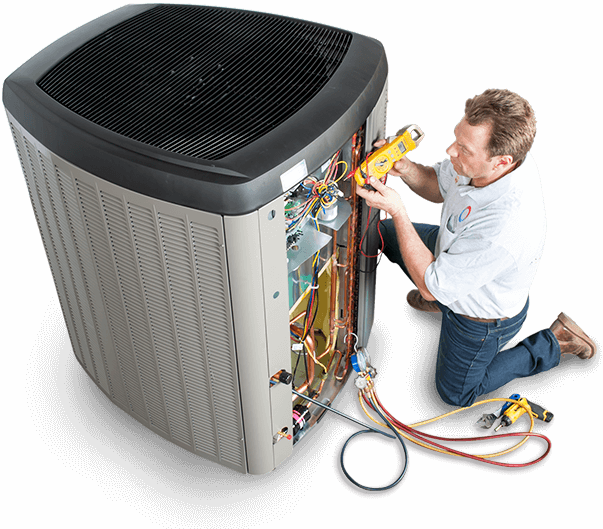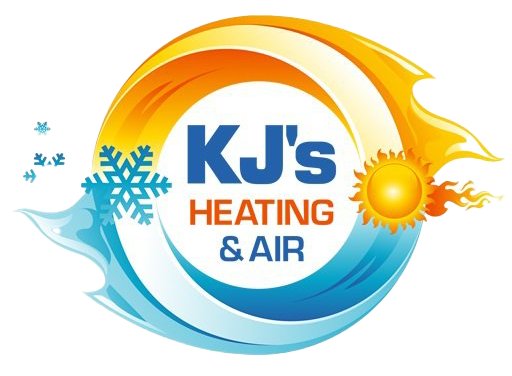Significance of HVAC Systems in Enhancing Indoor Air Quality
Entering your home or office and discovering a stale odor, especially when the HVAC system is on, becomes embarrassing for any home or property owner. To prevent this from happening to you, we will introduce you to the five areas of your HVAC system that affect your comfort and provide the best option to improve indoor air quality.
Important Factors Affecting the Quality of Indoor Air
Your HVAC system, by design, provides healthy and clean indoor air and ventilation. However, when your HVAC system is not maintained correctly, it produces poor indoor air quality that can lead to unforeseen health issues—some of which can be serious. To learn how to improve indoor air quality and prevent unexpected and costly repairs, we’ll discuss how each area of your system operates.
Filtration & Air Purification System
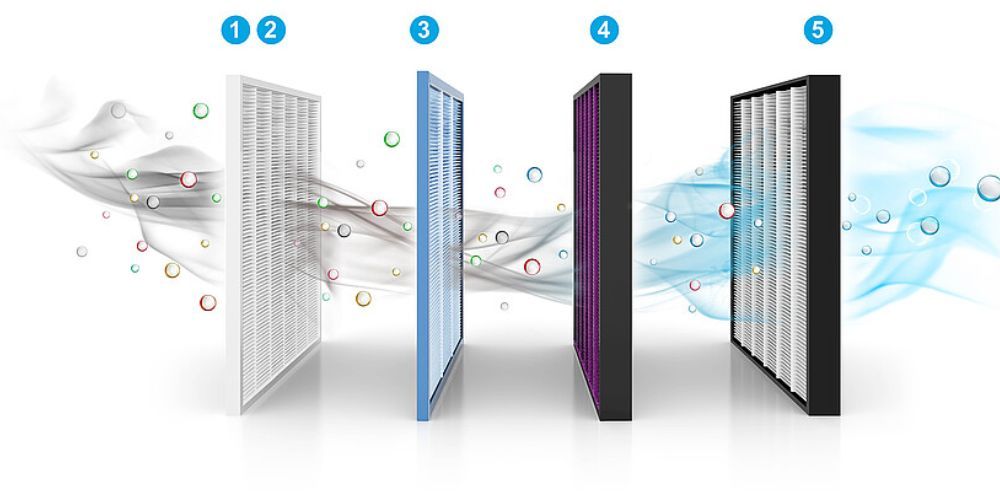
Residential and commercial HVAC systems use air filters to stop airborne particles like dirt, dust, or mold spores from entering a building. When purchased new, the manufacturer will always recommend the best filter for its system, i.e., Fiberglass, Pleated, HEPA, or UV filters. Other options, such as electronic or extended media filters, are available depending on your need.
As for air purification systems, they are used to clean your indoor air. They eliminate exposure to toxins like pet dander, dust mites, or pollen that could trigger an allergic reaction. Likewise, UV light air purification, activated charcoal filters, air ionizers, and ozone generators are commonly used.
Ventilation Systems
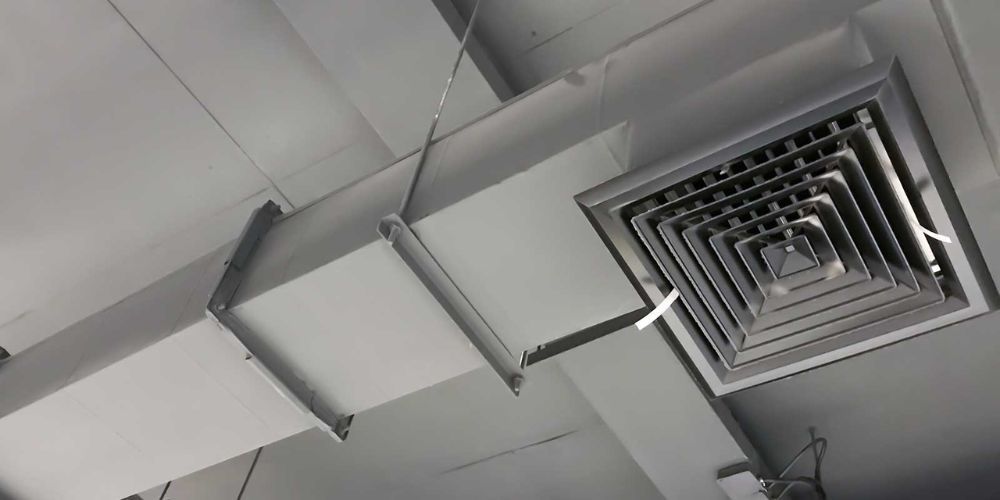
Your HVAC's ventilation system is designed to provide uninterrupted airflow and circulation throughout the year, including the sweltering summer and frosty winter months. Its primary function is to bring fresh outdoor air inside the building while pushing poor or stale indoor air back outside.
That process immediately removes terrible odors, moisture, and common pollutants like pollen. When your ventilation system fails, indoor air quality drops significantly, exposing yourself and others to unwanted contaminants that could lead to health and respiratory concerns.
Humidity Control: Balancing Comfort and Air Quality
Your heating and cooling system can regulate and balance indoor humidity levels. That option improves indoor air quality and provides comfort. When there is an imbalance, you will quickly see the results. For example, with low humidity levels, you begin to find mold growing indoors.
Yet, with high humidity levels, commonly, someone has set the thermostat to ON, or worse, you may have dirty evaporator coils or a refrigerant leak. In this instance, it is best to seek a professional HVAC service provider to diagnose any issue you uncover.
Ductwork Integrity
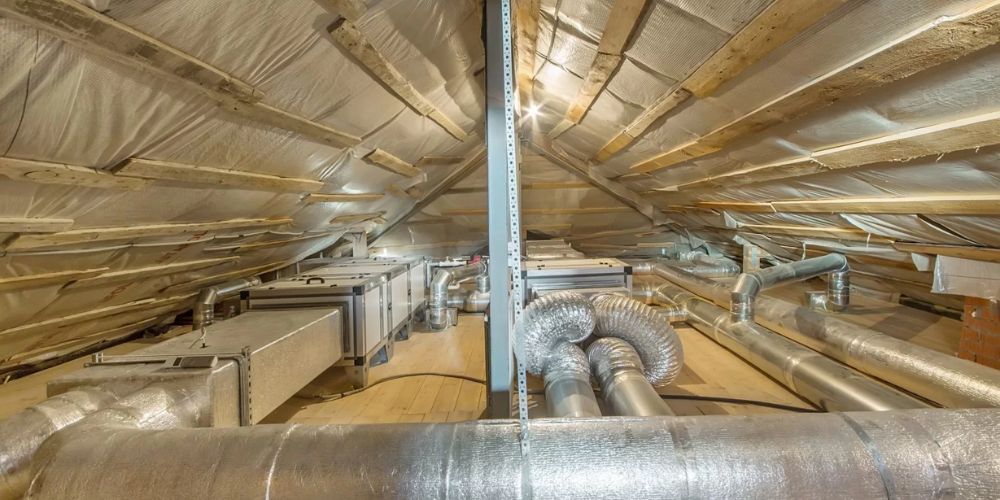
Several things will affect indoor air quality if your HVAC ductwork is not regularly inspected and kept clean. The conditions and factors listed below will significantly reduce indoor air quality when ductwork integrity becomes compromised or damaged.
- Poor installation allows air to escape, causing high energy costs.
- Water damage causes cracks and tears in the ductwork
- Microbial growth invites bacteria and mold spores.
- Infestation issues caused by rodents, insects, and other small creatures can compromise the ductwork’s structure.
- Smoke and fire damage leaves soot build-up, which weakens your duct’s integrity.
Getting a periodic inspection, cleaning, and repair to your ductwork not only saves its functionality but also, keeps your air quality in top-notch condition.
Smart HVAC Controls
An innovative option is using Smart HVAC Controls. For instance, air sensor technology plays a role in indoor air quality management by detecting airborne pollutants, triggering an action, and activating safety devices such as smoke detectors or carbon monoxide alarms.
The primary benefit is monitoring and adjusting heating, ventilation, and air conditioning, whether it’s one room, multiple sections, or the entire building. The best part about using SHCs is you control your entire HVAC system from anywhere using your cell phone or mobile device.
Regular HVAC Maintenance
You may not know, but the number one reason to schedule a yearly maintenance appointment is that all residential and commercial HVAC systems have an average life expectancy of 11-15 years before they fail and need replacing.
Having KJ's Heating and Air, your expert HVAC service provider, perform an annual inspection and maintenance extends the life of your heating and cooling system. Also, the best times for A/C inspections are early Spring, before the summer heat, or in the Fall, before the frigid winter months arrive.
Now you know what each area of your system does and how it performs. You have a better understanding of health issues associated with poor indoor air quality. You also know how to improve indoor air quality, which helps avoid unexpected problems or issues. Your next step is to contact our friendly team at KJ's Heating and Air to set up your annual appointment.
Related Read: How often should HVAC be services
